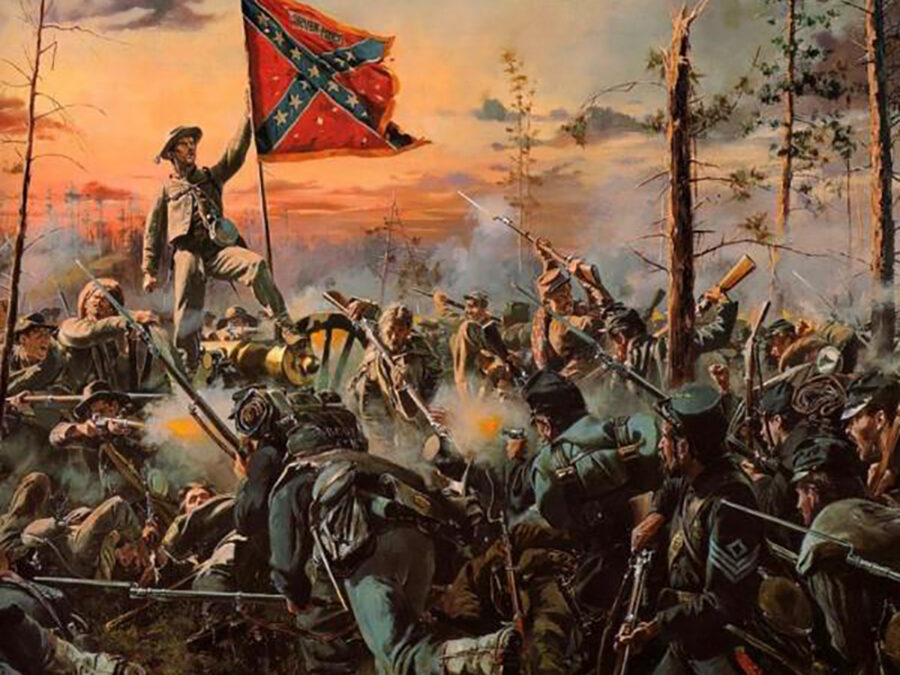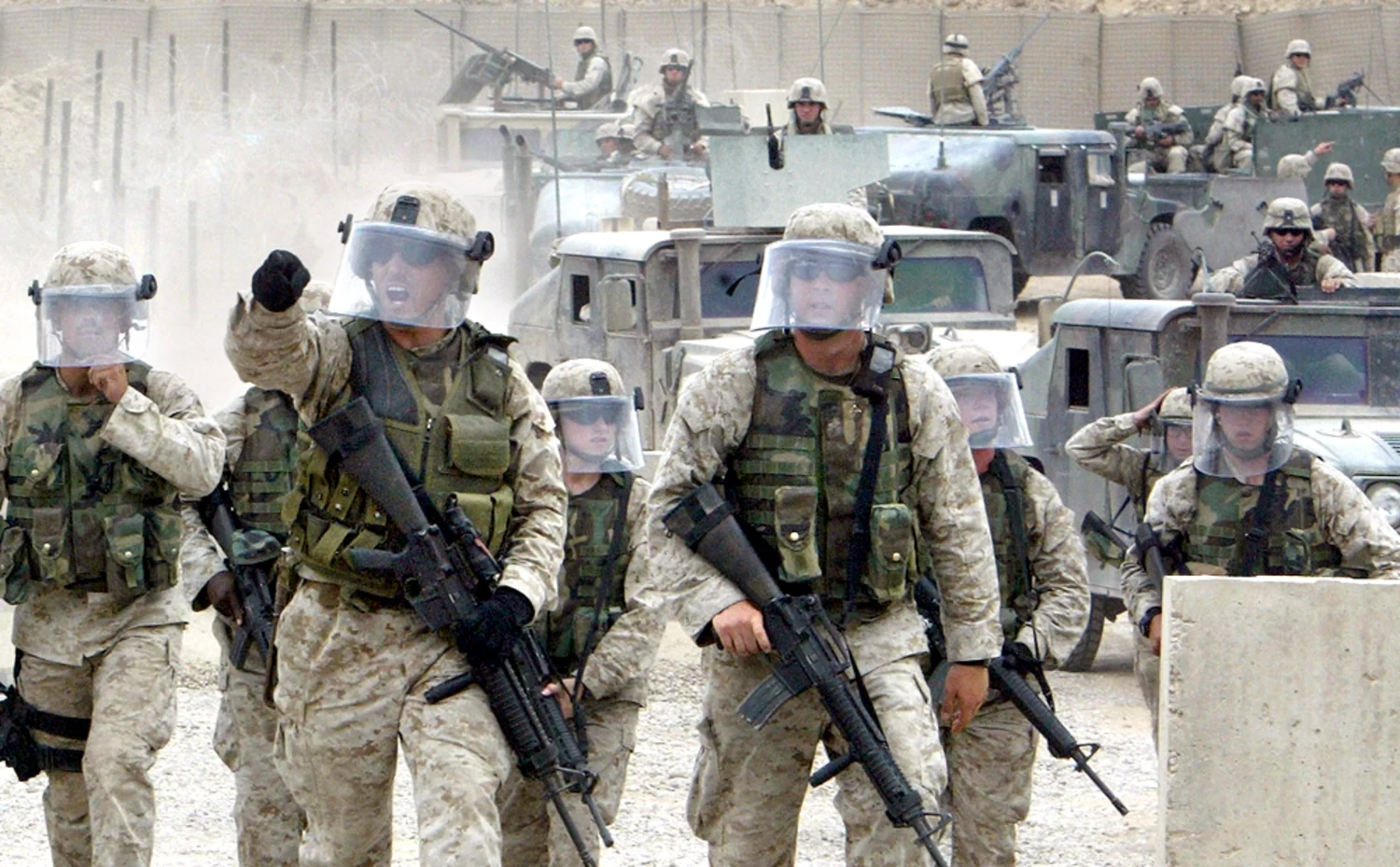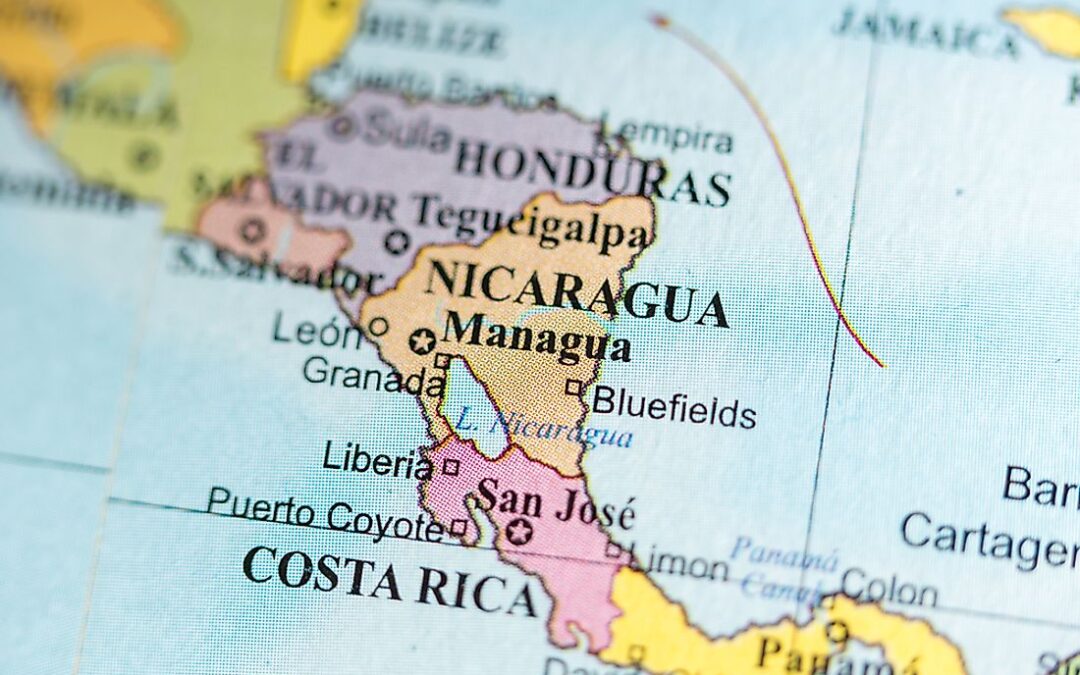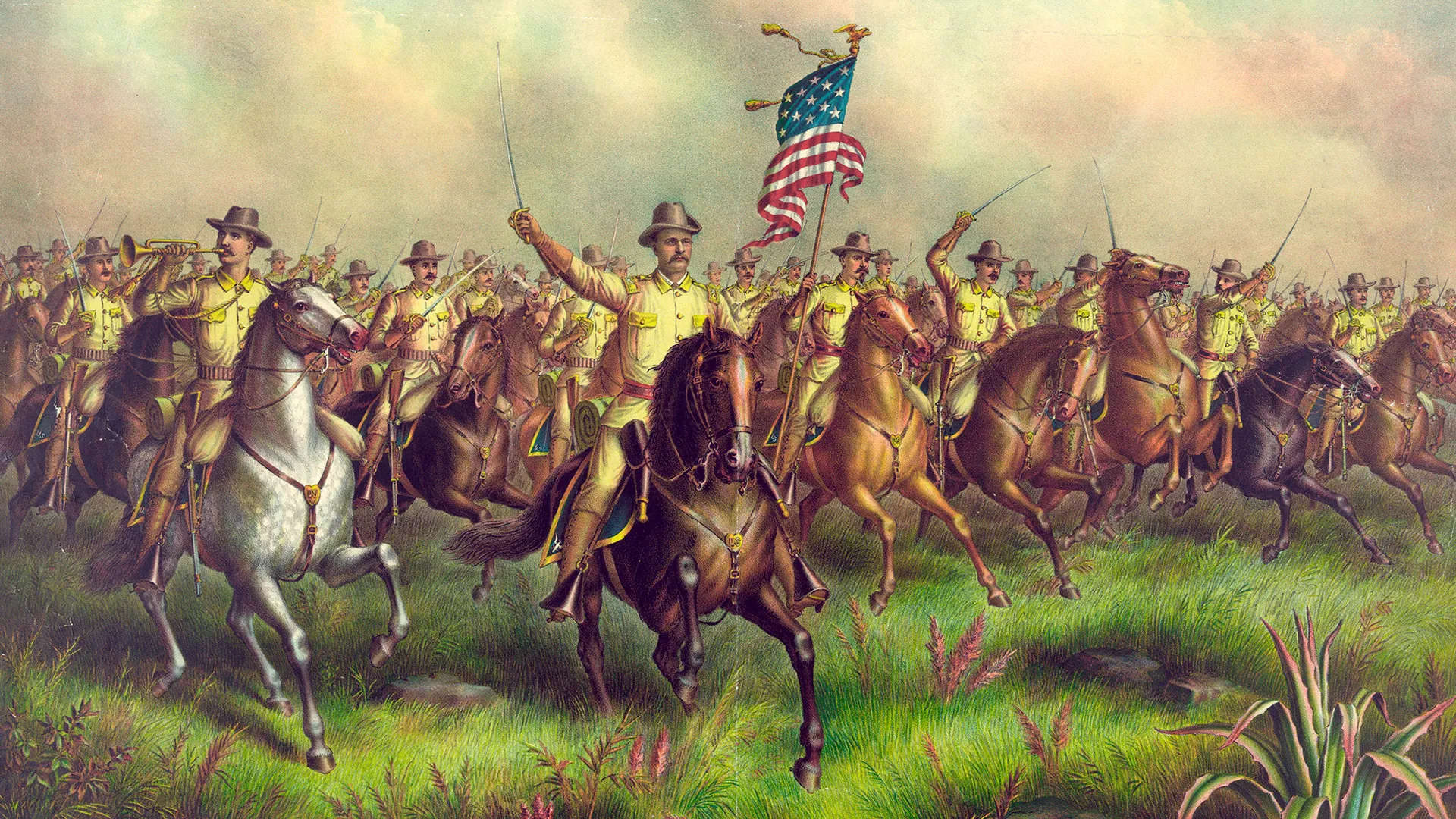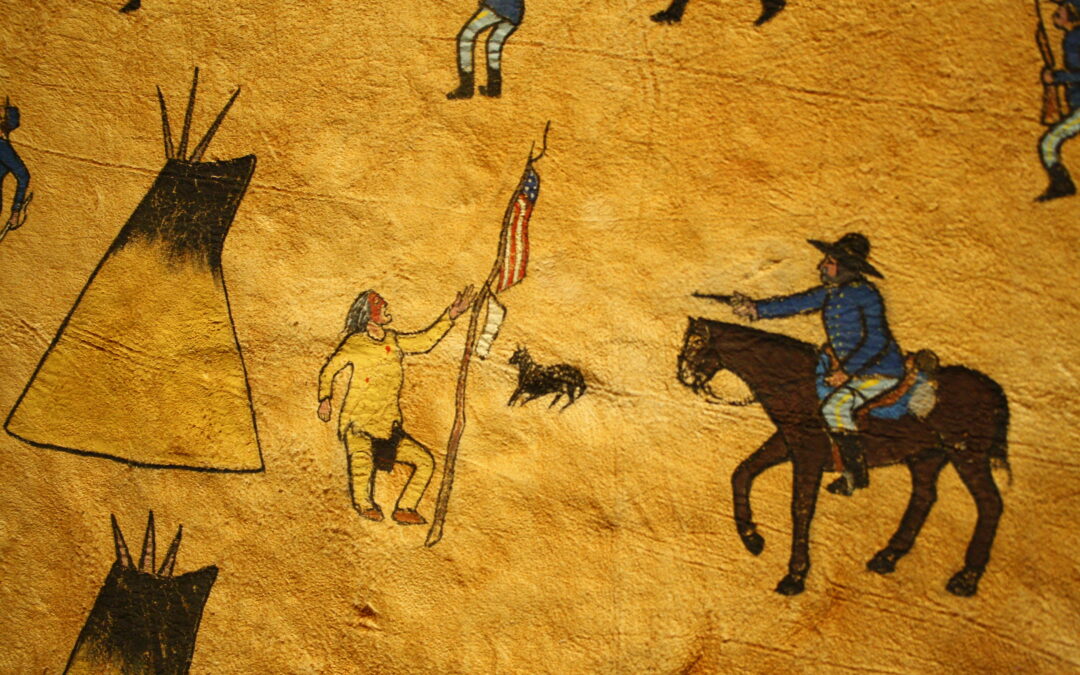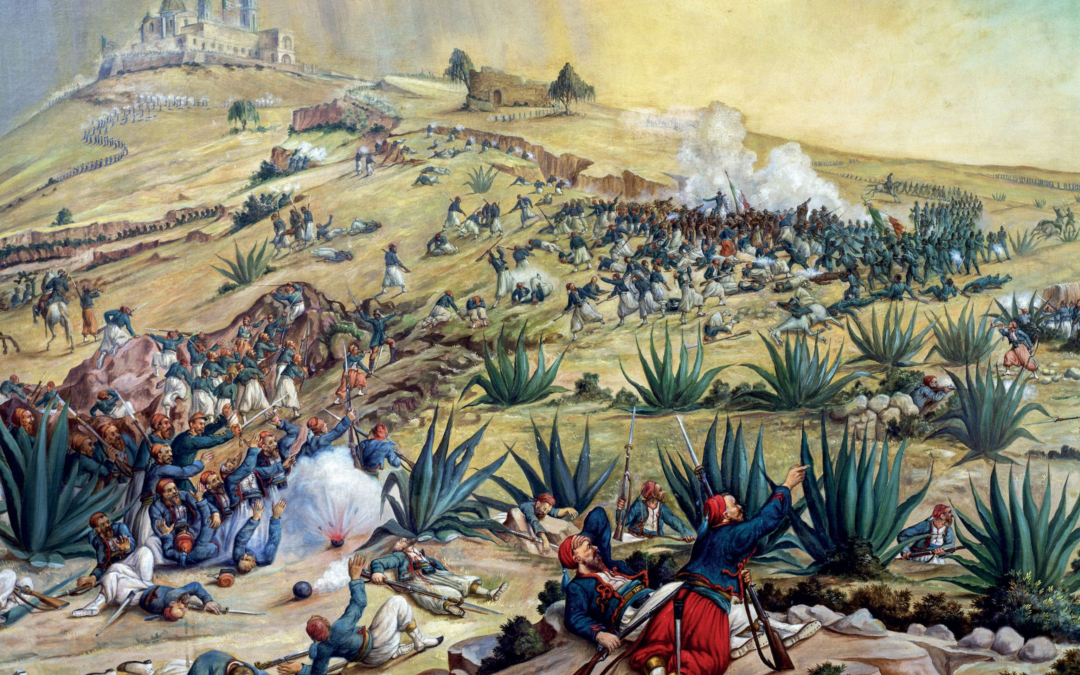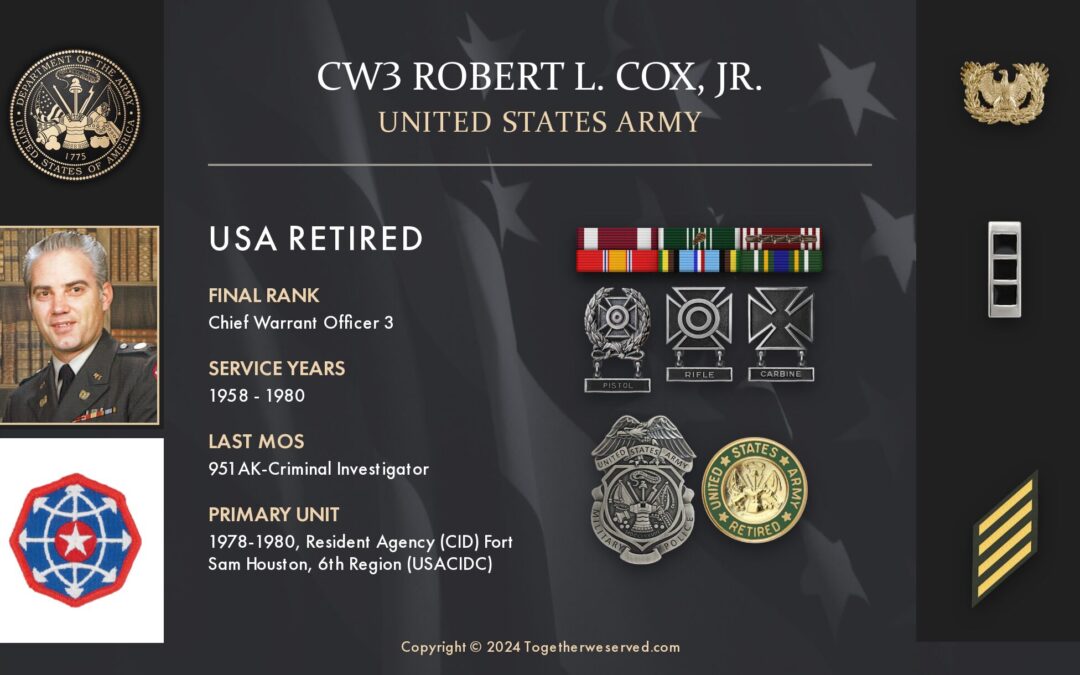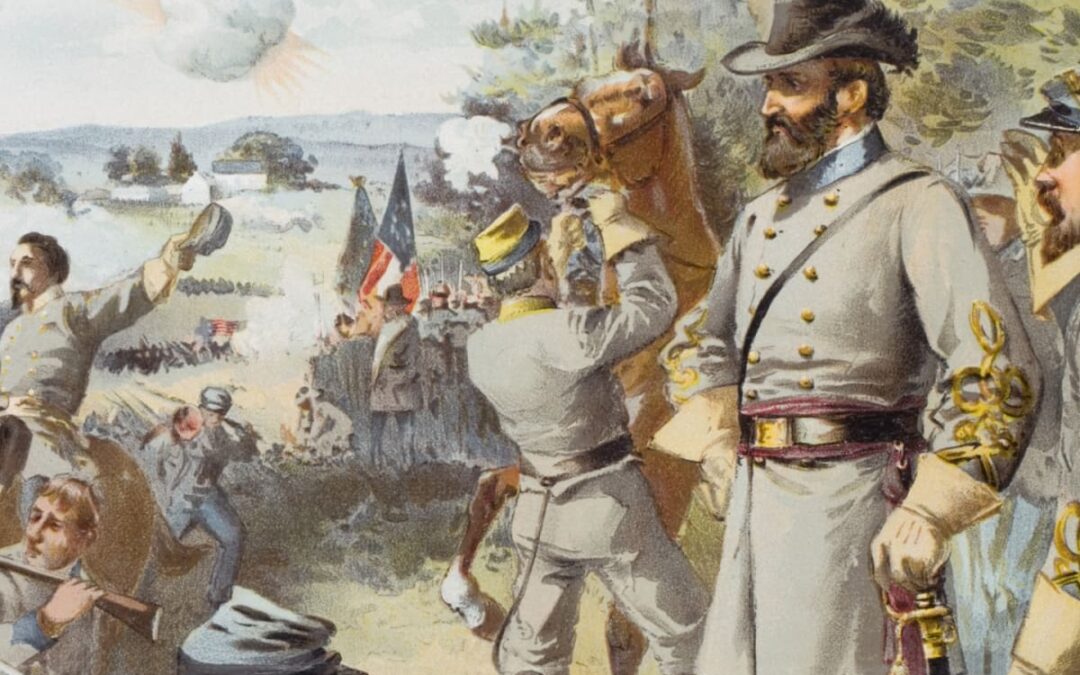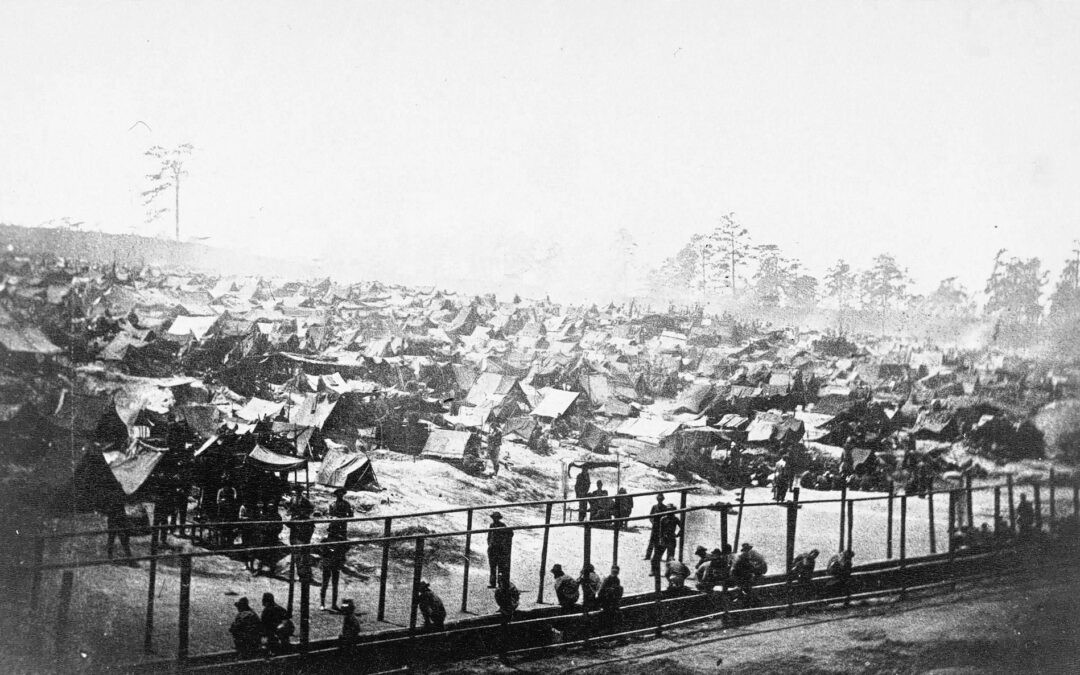It has become an accepted historical fact that the South could not have won the American Civil War. The North's advantages in finance, population, railroads, manufacturing, technology, and naval assets, among others, are often cited as prohibitively decisive. Yes, the South had the advantage of fighting on the defensive, this with interior lines, but those two meager pluses appear dwarfed by the North's overwhelming strategic advantages, hence defeat virtually a foregone conclusion. But if...
